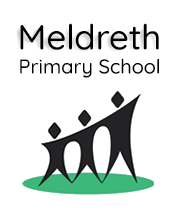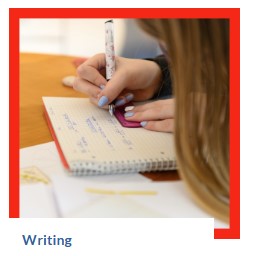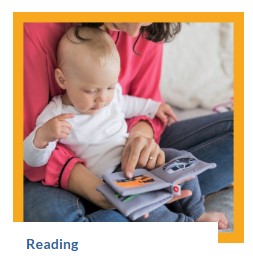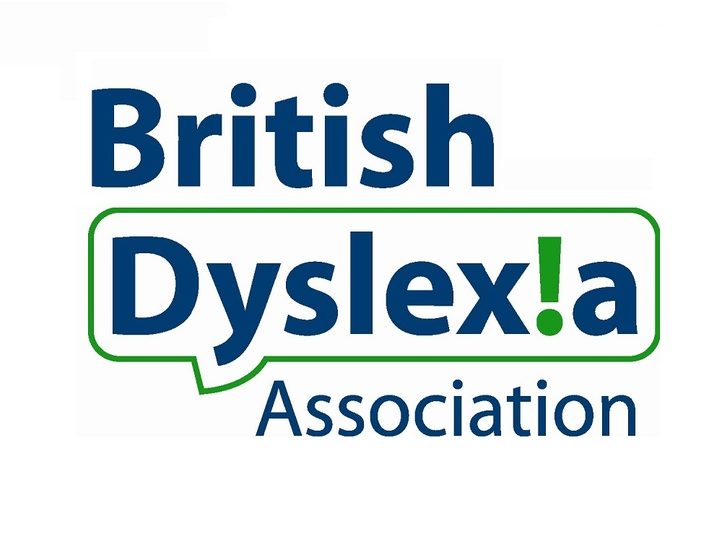What is Dyslexia?
Dyslexia is a common learning difficulty that mainly affects reading and spelling. It is not linked to intelligence and can affect people across the full range of ability.
Children with dyslexia may struggle with recognising sounds in words (phonological awareness), remembering spoken information (verbal memory), and processing language quickly (verbal processing speed). These difficulties can make reading and writing slower and less accurate.
Dyslexia is best understood as a spectrum – it affects each person differently, and there are no clear-cut boundaries. Some children may also have challenges with coordination, maths, concentration, or organisation, but these are not signs of dyslexia on their own.
One of the best ways to understand a child’s needs is to see how they respond to high-quality teaching and support. If difficulties continue even with help, it may suggest more persistent signs of dyslexia.
With the right support, children with dyslexia can thrive at school and beyond.
Please note that referrals for diagnosis are not processed by the school through the NHS Community Paediatric route. Any referrals for formal assessment for dyslexia must be done privately.
Support for your child with Dyscalculia
|
|
|
|
|
|
|
|




